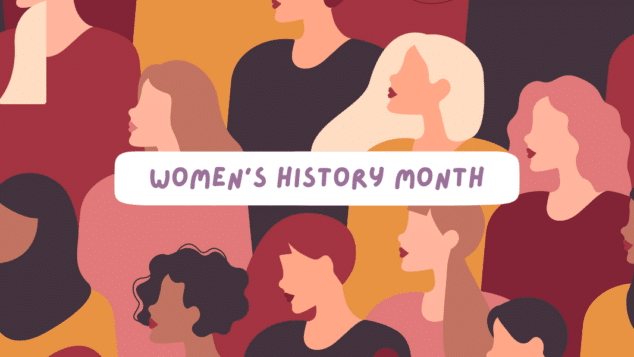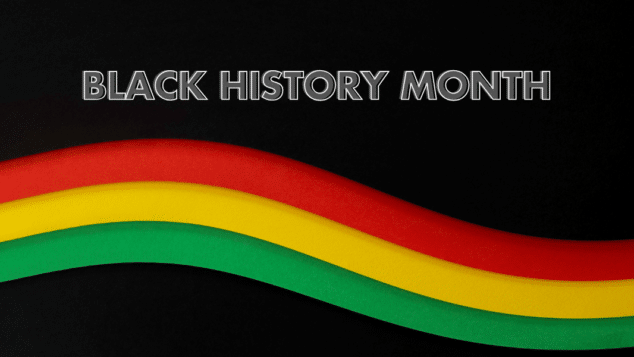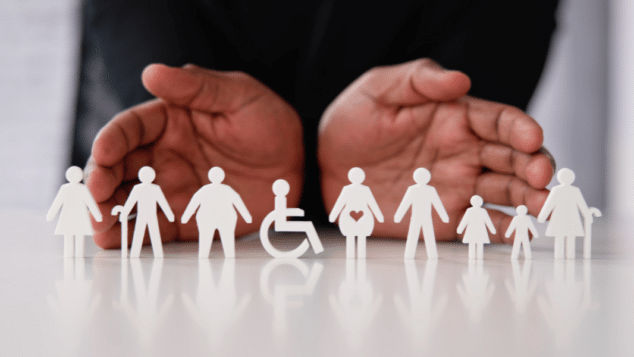Can DEI Programs Generate Non-dues Revenue?
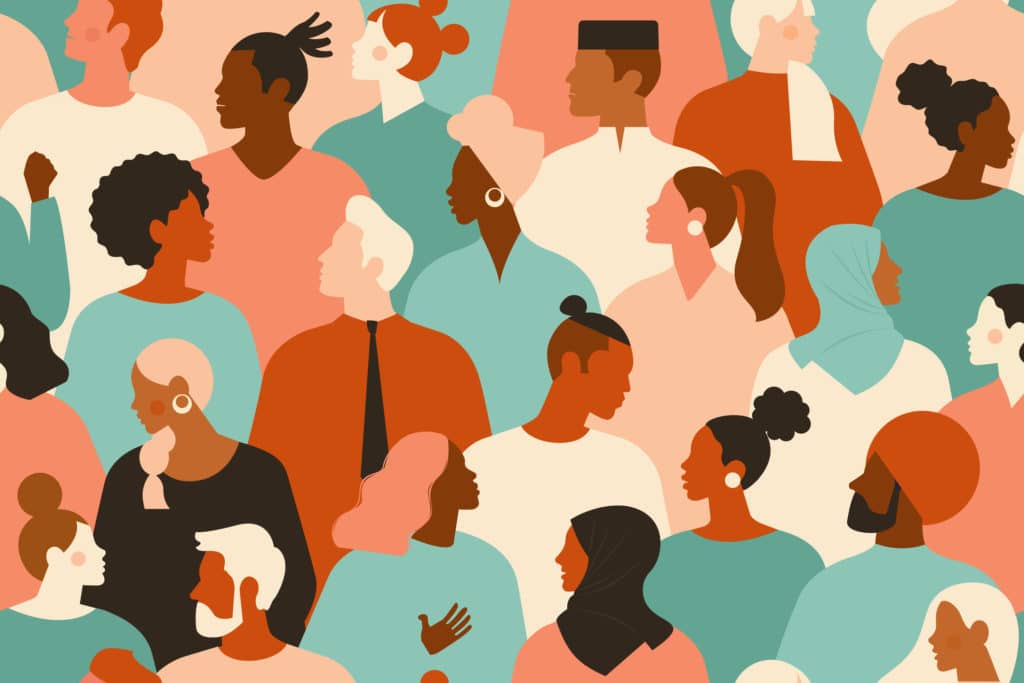
While recognizing the importance of diversity, equity and inclusion (DEI) programs, associations sometimes express concern over the financial considerations of building these initiatives. In addition to driving organizational and societal change and supporting members, can DEI programs also bring in revenue? George Miller, M.S., CAE, Senior Consultant, McKinley Advisors, interviewed Crystal Newby, Ed.D., former* Director of Diversity, Equity, and Inclusion for the National Association for College Admission Counseling (NACAC), about NACAC’s Anti-Racist Education Institute. The Institute generates revenue and member engagement—while meeting the need for a professional development resource addressing the topic of antiracism within the college admissions profession.
Tell me about the origins of The Anti-Racist Education Institute.
We started brainstorming in the late summer/early fall of 2020 in response to the events of May 2020 in Minneapolis. The murder of George Floyd was a tipping point for many—including organizations, associations, colleges and universities. As we thought about social justice and racism and the things our members and students face, we believed it was important to offer resources around being antiracist and what that look likes in action within the college admissions profession. During the summer of 2020, we had offered town halls around antiracism in the school counseling context, and we had a great response. So, we thought let’s do more and what could that look like—and that’s how the Anti-Racist Education Institute came to be.
When was the Institute launched and how did it go?
The first session was November 2020. I think we put out one
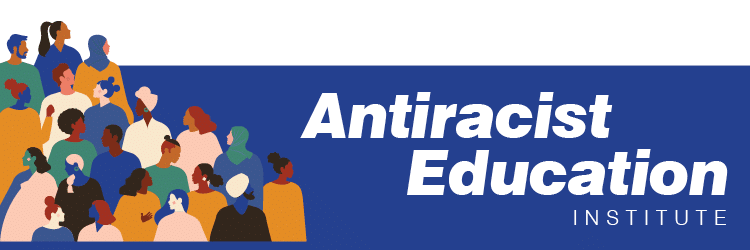
The National Association for College Admission Counseling (NACAC) launched their Antiracist Education Institute in late 2020. The program has been a huge success, reaching roughly 800 members and generating revenue for the association.
email to publicize it and it sold out in about a week and a half. So, we thought we have something here. We added a second section in January 2021 which sold out. Our subsequent two sessions also sold out, and our June 2021 session nearly sold out. We were thrilled with the response and we’ve had roughly 800 participants so far.
We kept the sessions small with a maximum of about 165 participants for each session. We had amazing facilitators, including a phenomenal lead facilitator and 11 more facilitators running small group workshops. We limited the numbers for engagement purposes. It’s hard to dig into conversations in larger group sessions, and we wanted to keep it personal this time around. But we also want to expand and have even more reach. We still had people emailing and asking about future sections. The demand was amazing.
Tell me about the decision to specifically Focus on “AntiRacist” as opposed to a BROADER DEI title?
When we are talking about DEI, it is broad, period. We must expand our scope around DEI. So, in the sessions themselves, we also talked about microaggressions, unconscious bias and inclusive hiring practices, so it was relatively broad, but the basis was anti-racism in the general context. Let’s be honest. Racism can show up in many ways—in hiring practices, in how you’re looking at individuals coming into your institution, organization or school. Racism shows up in microaggressions, in the words we say to others and how we treat others. So even though antiracism may seem like a microcosm or a small piece, it really is broad.
My impression is that you’ve recruited a very talented group of facilitators. How did you go about recruiting and engaging them?
We started with recruiting former and current faculty members of our Guiding the Way to Inclusion (GWI) conference. I have worked with so many of them in the past and they’re phenomenal. I started there to say, hey, are you interested, and can you commit to this? Fortunately, they said yes. Before we launched in November 2020, they did a workshop with our lead facilitator, navigating some of the uncomfortable instances they would encounter talking with attendees in the small group sessions. They engage with students, families and colleagues daily and have that foundation. It’s nice to sometimes bring in external resources, but it is also appealing when you can bring in your own members—individuals who are tackling the same goals.
Without getting into specific numbers, would you describe the program as revenue generating, revenue neutral, or more of a member-benefit where revenue loss is the expectation?
It is revenue generating. We know sometimes finances are a barrier to access for professional development. One thing we did was provide a discount for four or more people attending from the same office. What was phenomenal about that was we saw offices sending multiple people. Yes, people love a discount, but it also shows that these institutions and schools understand the importance of sending everyone, all they can, because of its importance. That was great to see. We had some schools send 10-15 people. People are really investing in professional development and antiracism work.
What’s your advice for organizations that are considering launching similar programs?
Associations need to find out what their members need and want and what gaps need to be filled. We can’t always assume we know this when we are crafting programs and professional development. As associations, we are here to serve our members. Whether you’re putting together taskforces or focus groups or a survey, it’s just important to find out what your members want and need.
Did you get any pushback when launching the institute?
We did not get any pushback from members or volunteers on the program. There is usually pushback when you do something new, but given the content and nature of it, so many people were on board and supportive, including colleagues, NACAC leadership and our facilitators—who have ideas for the next time around.
We asked for participant feedback in the small groups—what do you want this to look like? People shared their feedback. They’re excited about this and asked us to let them know when we are doing it again. We are fortunate to have generated a lot of support and excitement.
What does the Future of the program Look Like?
We are working on that now. We want to be able to launch another session in the fall. We are looking at options to do it again virtually or could we do asynchronous for further reach and access. We’re working as a team and getting insights from facilitators. So, it’s in the works but we will share more in the coming months.
* Crystal Newby is currently the Senior Director, Strategic Admission, Access, and Diversity at the College Board.
This month, we’re focusing on revenue and business development. Find previous articles on these topics here. If you’d like to read more about DEI and creating a Welcoming Environment®, catch up on those stories here!
Tags
Related Articles
It’s Not Too Late! Celebrate Women’s History Month in March
Celebrate Women's History Month in Chicago with these five impactful ideas to honor, empower, and...
Honoring Black History Month: What to Read, Watch, and Do in Chicago This February
Discover meaningful ways to celebrate Black History Month in Chicago through books, films, and local...
Welcoming Environment® Roundup
Links to every WE article we published in 2024.


